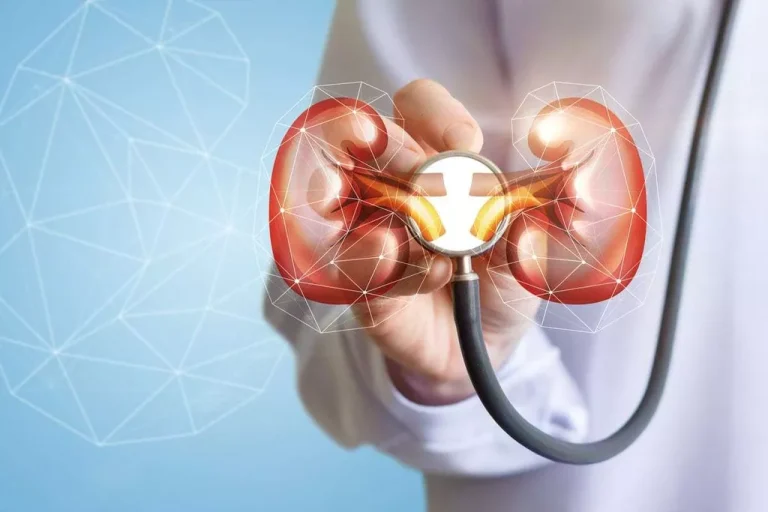Your cart is currently empty!
12 Warning Signs of an Alcohol Problem Explained With Pictures

Denial is one of the biggest obstacles to getting help for alcohol abuse and alcoholism. The desire to drink is so strong that the mind finds many ways to rationalize drinking, even when the consequences are obvious. By keeping you from looking honestly at your behavior and its negative effects, denial also exacerbates alcohol-related problems with work, finances, and relationships.
Behavioral Treatments
- If you often use alcohol to cope with unfavorable emotions, that probably means you’re drinking too much.
- The more you regularly rely on alcohol to relax you or make you feel good, the closer you move toward addiction.
- Continuing to drink even though your alcohol use is causing problems in your relationships.
- Alcoholic beverages can be problematic — even dangerous in some instances — if you’re taking antidepressants.
For example, you may blame an ‘unfair boss’ for trouble at work or a ‘nagging wife’ for your marital issues, rather than think about how your drinking is contributing to the problem. While work, relationship, and financial stresses happen to everyone, an overall pattern of deterioration and blaming others may be a sign of trouble. Support groups such as Alcoholics Anonymous (AA) and Self-Management And Recovery Training (SMART) are open to anyone with a substance use disorder.
Understanding the Five Stages of Alcoholism

Pretending that nothing is wrong and hiding away all of their fears and resentments can take an enormous toll. Children are especially sensitive and can suffer long-lasting emotional trauma when a parent or caretaker is an alcoholic or heavy drinker. But even if you’re able https://ecosoberhouse.com/ to succeed at work or hold your marriage together, you can’t escape the effects that alcoholism and alcohol abuse have on your personal relationships. Drinking problems put an enormous strain on the people closest to you. Too much alcohol affects your speech, muscle coordination and vital centers of your brain.
Risk factors for drinking problems and alcoholism
This can involve reducing or eliminating alcohol intake, improving nutrition, and addressing any other health conditions that aggravate liver damage. In more advanced cases, doctors may prescribe medications — like steroids — to reduce inflammation or suggest hospitalization to manage complications. If the damage has progressed to alcoholic cirrhosis, a liver transplant evaluation could become necessary. Whether you’re experiencing mild discomfort or severe complications, trust your instincts. If your gut feeling says something’s off — especially if your drinking habits are significant — talk to a healthcare professional.

Knowing more about the features of an alcohol use disorder as well as the available rehabilitation options can help you find the best alcohol treatment for yourself or someone close to you. Long-term alcohol use can cause serious health complications, affecting virtually every organ in your body, including your brain. Problem drinking can also damage your emotional stability, finances, career, and your how to recognize signs and symptoms of alcoholism and alcohol abuse ability to build and sustain satisfying relationships. Alcoholism and alcohol abuse can also have an impact on your family, friends and the people you work with.
Oar Health

Treatment providers guide you through every step of the recovery process and help you set achievable sobriety goals. After rehab, your specialist will put you in touch with alcohol abuse counselors and support groups, like Alcoholics Anonymous and Al-Anon. This will ensure you maintain your sobriety and allow you to meet other peers who have overcome alcohol abuse. Some long-term physical effects include liver disease, heart problems, stomach issues, and an increased cancer risk.
Depression and Cleaning: How to Tackle House Cleaning if You’re Struggling
Do you continue to drink even though you know it’s causing health problems, or making those problems worse? Alcohol can damage your liver, heart, brain, pancreas, and immune system. Although you realize it’s harming you, a physical or emotional dependence heroin addiction on alcohol can make quitting hard. Overcoming alcoholism should be completed under the care of medical professionals in a specialized treatment facility. For instance, the detox phase can entail extremely uncomfortable withdrawal symptoms which are best treated in a rehab program. However, what may appear as a minor issue can turn dangerous over time.
Charitable Care & Financial Assistance
Instead, a person who abuses alcohol isn’t able to control their drinking when they do drink. American Addiction Centers (AAC) is a leading provider of treatment for alcohol misuse and AUD, with locations scattered across the United States. We offer a variety of , including detox, inpatient rehab, and outpatient care, evidence-based treatments, and customized treatment plans that are geared to your or your loved one’s unique needs. However, heavy or regular binge drinking is a prime catalyst for alcoholic hepatitis symptoms.
As you recover from AUD, you may find it helpful to see a psychotherapist who uses cognitive behavioral therapy (CBT) techniques. CBT helps you modify your thoughts and actions, while also learning alternative coping mechanisms. AUD refers to what is colloquially known as alcoholism, which is a term that the DSM-5 no longer uses. You may also benefit from joining a group such as Al-Anon, a free peer support group for families coping with alcoholism.
How is alcohol use disorder diagnosed?

An estimated 855,000 adolescents – ages 12 to 17 – had AUD in 2012. The number of adults seeking treatment from a specialized alcohol facility has remained consistent in recent years – around 1.2%. It’s time to stop making excuses for your drinking and get the help you deserve. Learn about alcoholism support options and find other resources to start on your recovery plan today. Evoke Wellness at Coconut Creek is a full-service addiction treatment facility serving Florida residents. We base each of our programs on the individual’s severity of symptoms and use a combination of evidence-based therapies and holistic approaches to address the needs and recovery goals of the patient.